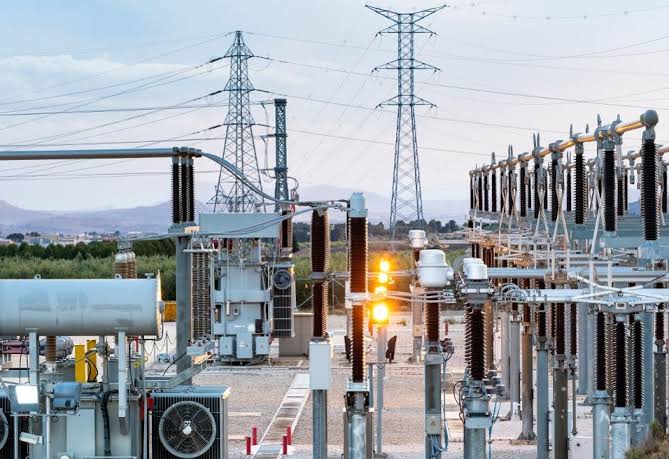Power Sector Revenue Grows By 33.93 % As FG Plans To Increase Electricity Tariff

Figures released have shown that the revenue generated by the Nigerian power sector grew in the past three months by 33.93%, to settle at N184.26 billion.
In September 2020, the Presidential Power Sector Working Group put restrictions on the bank accounts where revenues were stored, this prevented don't distribution companies from withdrawing money without authorization. Since then, the revenue has seen growth, recording N137.5 billion in total in the first three months alone. In the following three months(December 2020 to February 2021), it grew by 33.93% to a total of N184.26 billion.
The revenue in December alone was N64.97 billion, 41.8% more than September's N45.8 billion.
In January, the total revenue was N57.4 billion, 31.1% more than October's N43.8 billion.
In February of 2021, the revenue recorded was N61.9 billion, 29% more than the N48 billion recorded in November of 2020. Ahmad Rufai Zakari, who's the Special Adviser to the President on Infrastructure, has disclosed that the Nigerian Government out in a lot of effort to ensure great financial results, and restricting withdrawals is only one of them.
Last week, the central bank revealed that it handed out the sun of N3.6 billion for the purchase of prepaid meters for Nigerians. This will go a long way in standardizing and stabilizing the electricity billing system in the country, as there are currently millions of Nigerian households, about 55.5% of the total 8.3 million electricity consumers, without meters to determine the power they consume. This is part of the CBN's effort to support the growth of revenue in the power sector, and its N120.2 billion investment in electrical distribution companies around the country, for infrastructure capital expenditure.
The provision of meters is imperative to the growth of the energy sector, as it gives customers the chance to determine how much electricity they'll want to consume and control their energy use.
In most parts of the country, the estimated billing system is in use. In this system, electricity distribution companies estimate the amount of power an area or community consumes and charge citizens for that. This isn't ideal, as citizens are paying for the speculated amount of power they consume, rather than the exact amount, putting how much they pay out of their control.
Usman John, a stakeholder in the energy sector, is convinced that the estimated billing system is fraudulent. He is convinced that this move by the CBN is a game-changer. According to him, "Metering is a major challenge in the sector. Consumers must be able to determine how much they pay for electricity through controlled consumption.
No matter what the government does if meters are not provided, it will come to nothing because the provision of meters is critical for the growth of the sector.
Many consumers are suffering under the burden of estimated billing which is nothing but criminality. People are issued bills for what they did not consume and this must stop. That is why what the CBN is doing is commendable." The World Bank published a report recently which exposed that a good number of Nigerians do not pay for the electricity that they consume. This investment in prepaid meters will also mean that consumers are forced to pay for their electricity, as the meters do not work without payment. This will lead to even more development in the power sector.
Habeeb Jaiyeola, the Associate Director, Energy, Utilities/Resources for power companies, is convinced that this is a step in the right direction, and has urged the government to clearly outline and monitor the intervention to ensure it achieved projected objectives.
Before the meters are rolled out, however, the Federal Government has disclosed plans to hike the electricity tariff again starting from the first of July. This is in line with the report by the World Bank in its Power Sector Recovery Programme report which showed that electricity consumers in Nigeria paid for only half of the electricity they consume, leaving the government to pay for the other half.
According to the report, for every "N10 worth of electricity received by DisCos about N2.60 is lost in poor distribution infrastructure and through power theft, and another N3.40 is not being paid for by customers." Engr. Mamman Sale, who's the Minister of Power, has however said that the electricity tariff will only be increased by a bit and not significantly.


Be the first to comment!
You must login to comment